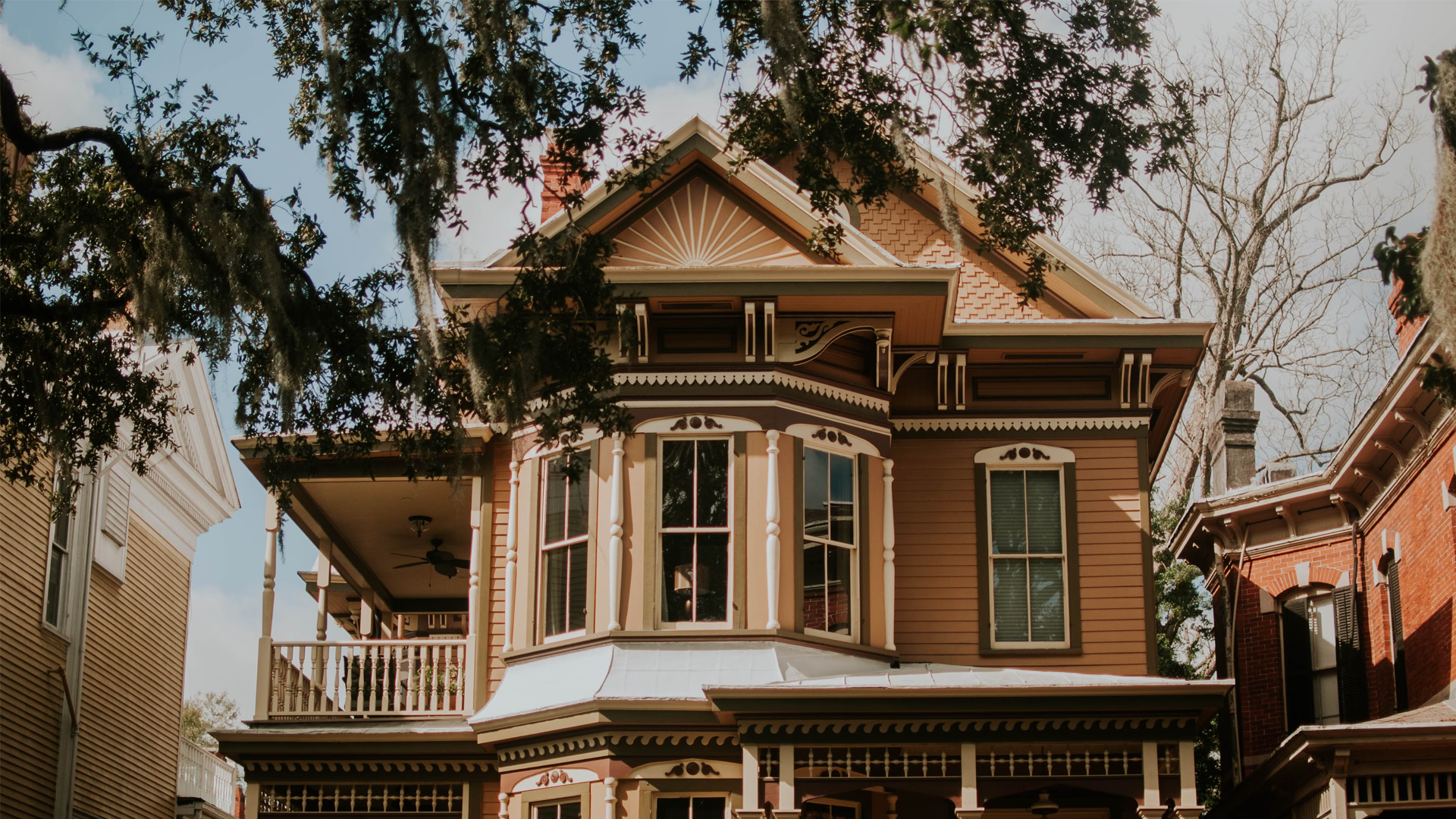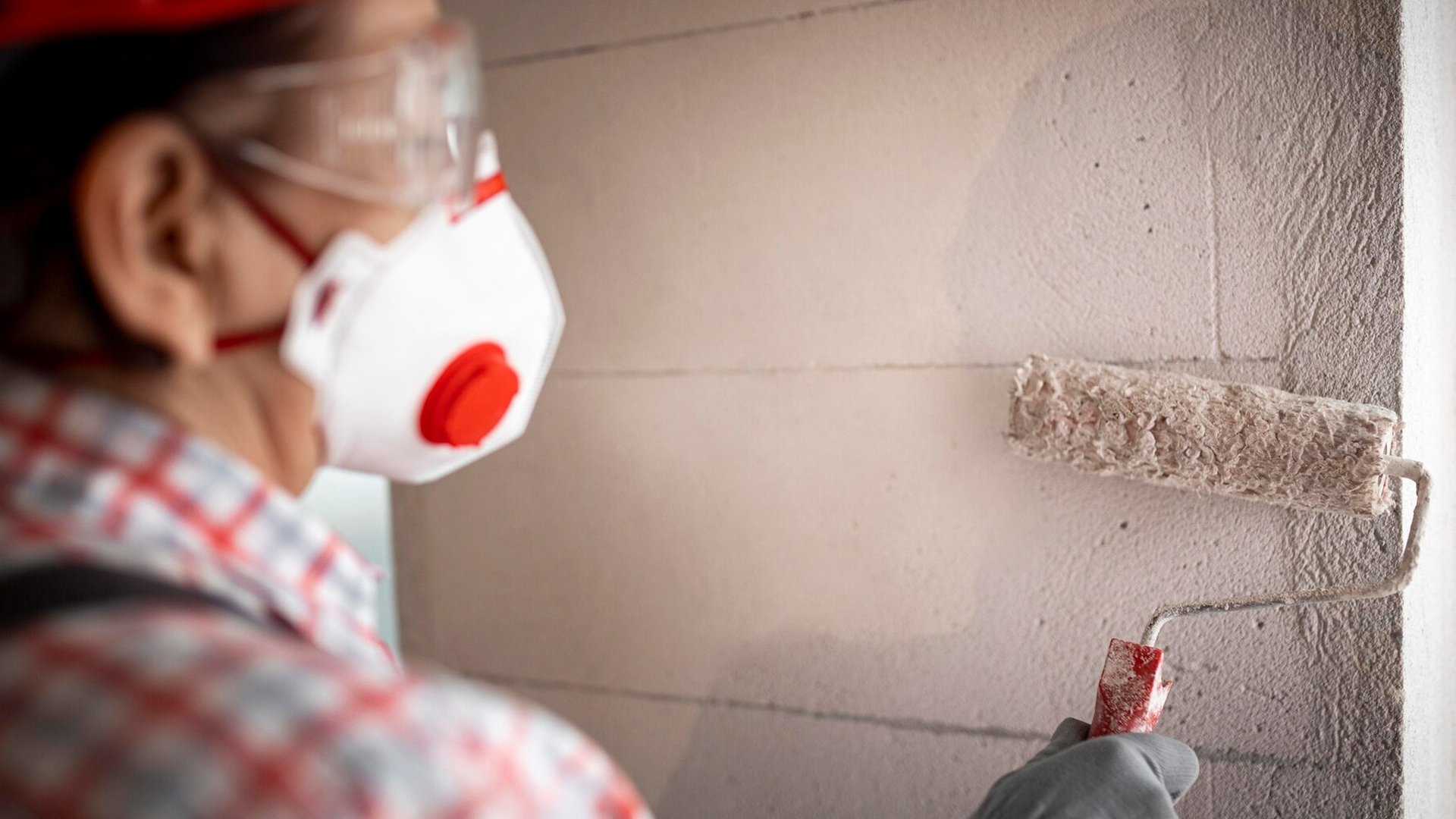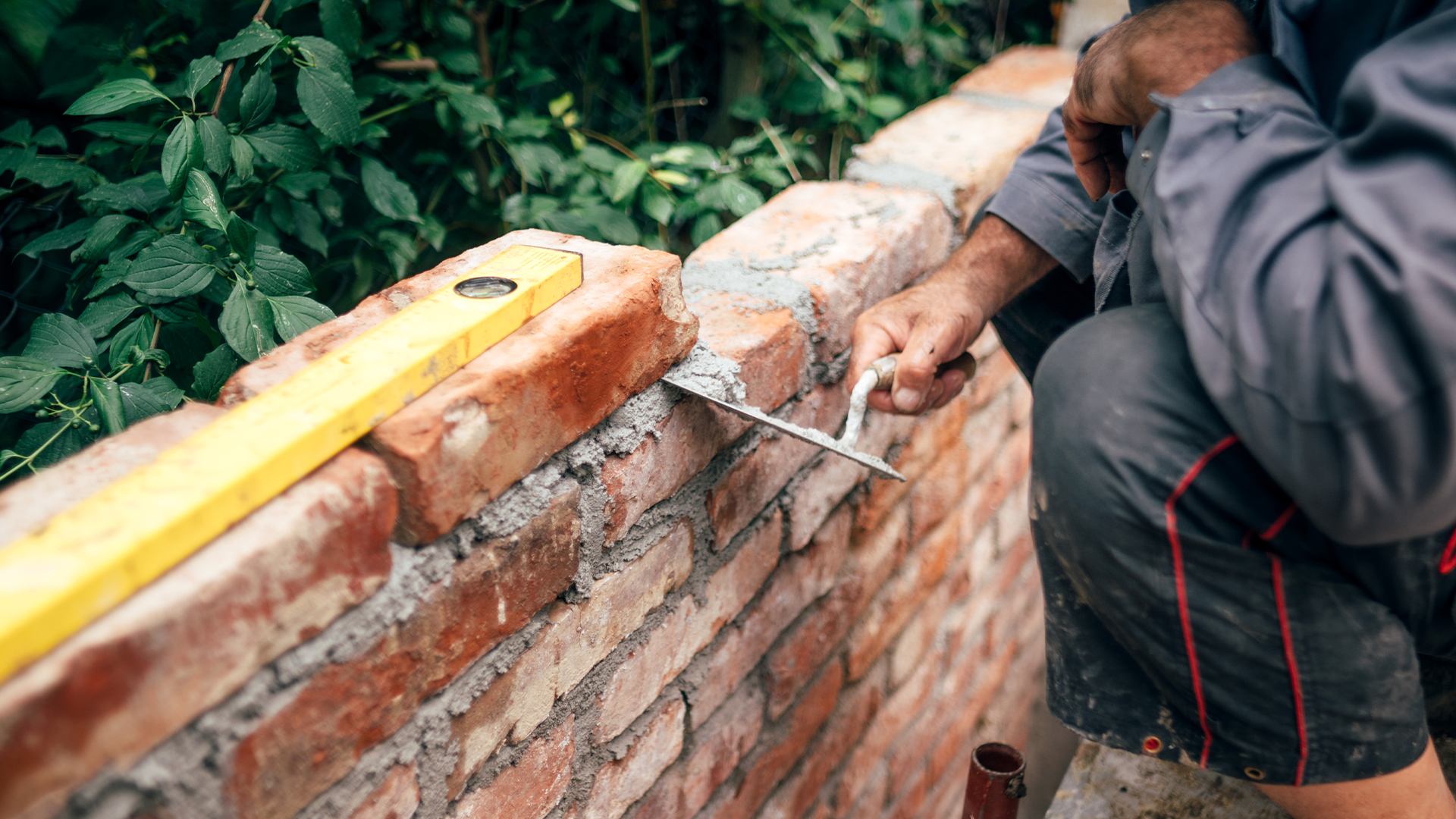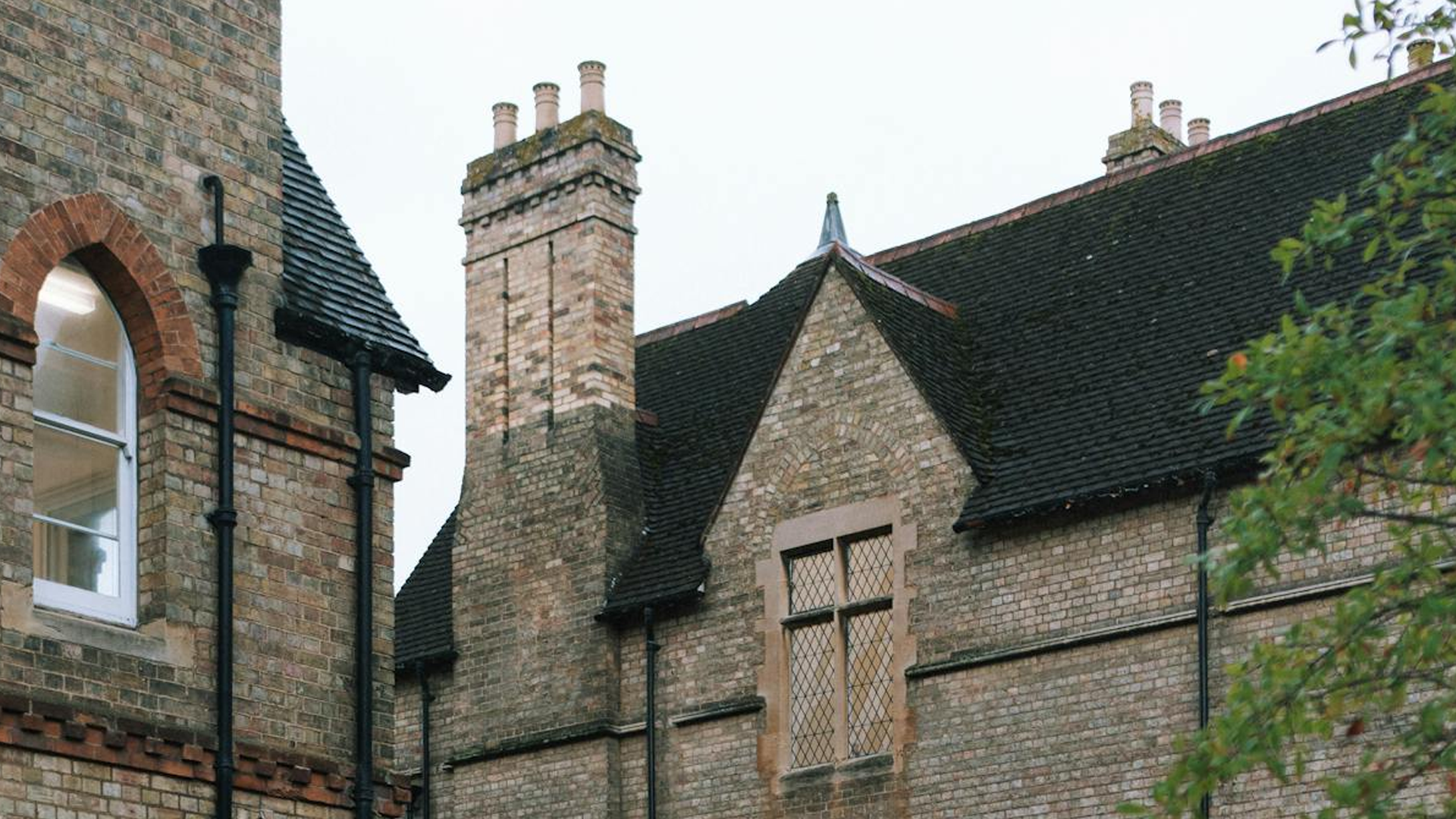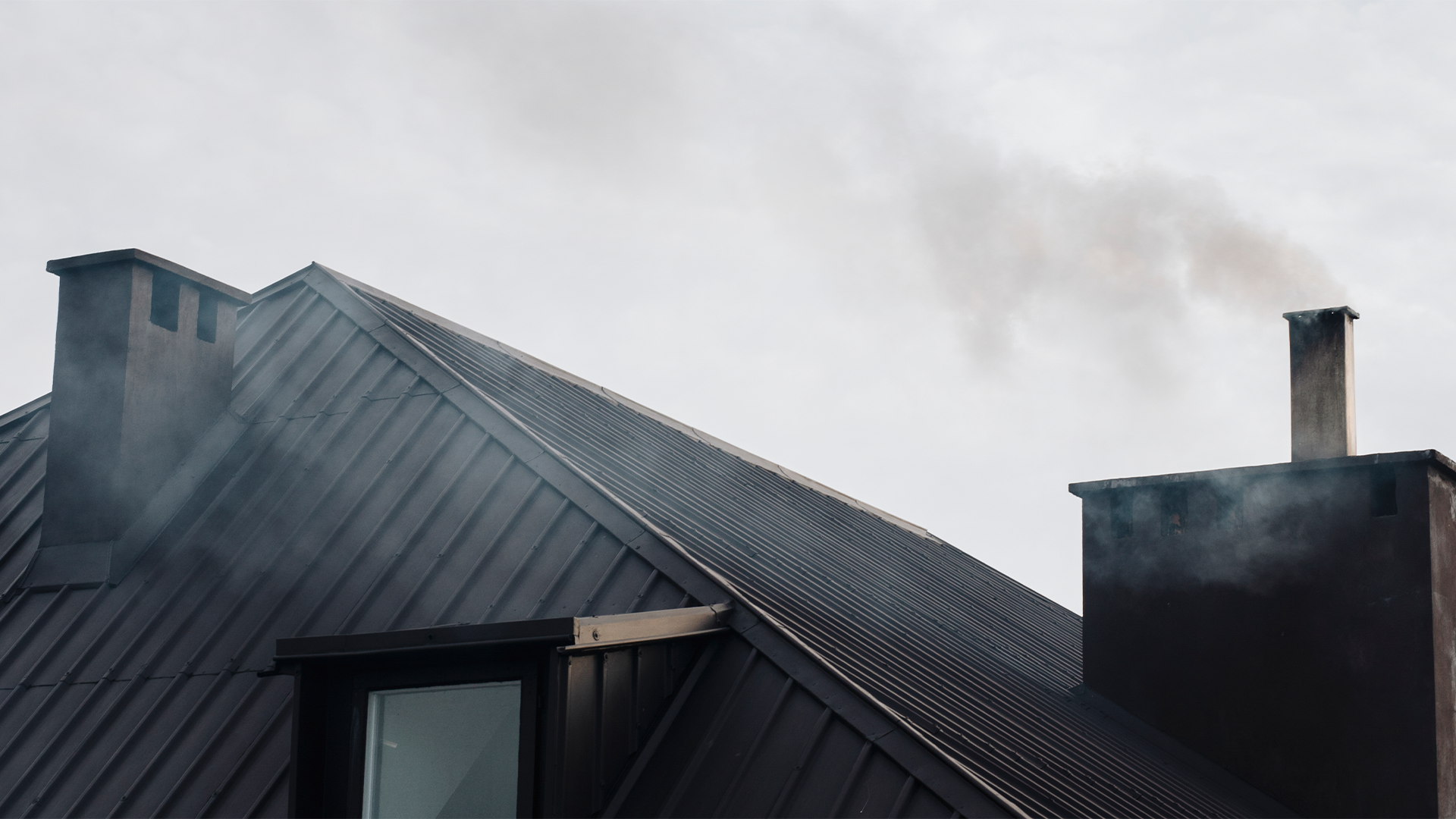Heavy rainfall can feel like a welcome reprieve if your location has been dry, especially during the hot summer months. On the other hand, excess water might damage your home if it rains heavily all at once or for a long time in a specific place. You can protect your house from the devastating impacts of heavy rain by taking a few straightforward precautions, such as cleaning downspouts regularly and waterproofing crawl spaces and basements against water damage.
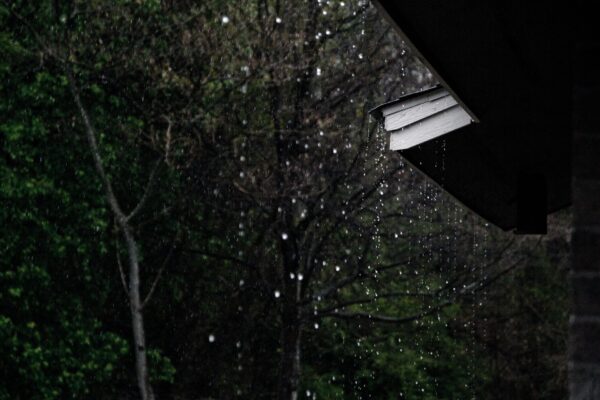
What Damage Can Heavy Rains Do to Your House?
Rainstorms can wreak havoc in unexpected ways. When the rain gets heavy, you should think about how it can harm your home. Knowing what you’re up against is half the battle.
Flooding in the Basement
The basement may be harmed if the earth becomes saturated due to heavy rain. Flooding occurs when hydrostatic pressure pulls soil water through cracks and fissures in the basement wall or upward through the basement floor. Mould growth and damaged electrical appliances, panels, and personal belongings in the basement are all possibilities.
Roof Wear and Tear
Rain may get collected on your roof if gutters are not correctly built. This can cause roofing materials to deteriorate. As a result, your home’s surface develops weak places over time. Water may seep into your home and spill into the upper levels or attic over time.
Seals with flaws
Chimneys, plumbing vents, and skylights all result in “penetrations” that must be sealed with caulk, flashing, and roof cement. As there are more design breaches in the roof and walls, homes are more subject to rain damage. If not adequately secured and maintained, these cracks can be vulnerable to water intrusion. All sealing materials must be evaluated annually and changed or repaired if they dry out, expand, or disintegrate to avoid water damage.
Cracks in the Foundation
Rain can destroy the lowest portions of a house just as much as it can damage the pinnacle of a house. If rainwater falling around a house is not adequately directed away from the place, it can cause cracking.
Damage to the Siding
Heavy rains can also cause an issue with a home’s siding. After many seasons of heavier rainfall, many homeowners will choose a costly siding replacement. In most cases, this is due to poor gutter installation. Water will continue to enter between the panelling and the walls if the situation is not resolved. If not addressed, this might result in significant water damage.
Gutter Overflow
With too much rain and junk, gutters can quickly overflow. Rain is among the primary causes of gutter overflow, resulting in roof and siding damage. Although your gutter system is designed to withstand rainwater, weak materials may sag or break as a result of the added weight. This will destroy your gutter system. Water will pool on the roof. As a result, it will cause structural damage.
Mould and pests may grow.
Mould can form in your walls and around your windows if you have too much water in your home. Mould in the home can lead to significant health problems like red and itchy eyes, wheezing, and breathing difficulties. Pest infestations can sometimes be a result of excessive rain. Pests seek sanctuary in dry regions during storms, and your home is not an exception. Once these pests have burrowed their way into your home, they will stay until you engage an exterminator. Termites, mice, ants, and cockroaches are some typical pests that do this, so keep this in mind the next time you notice rain damage in your home.
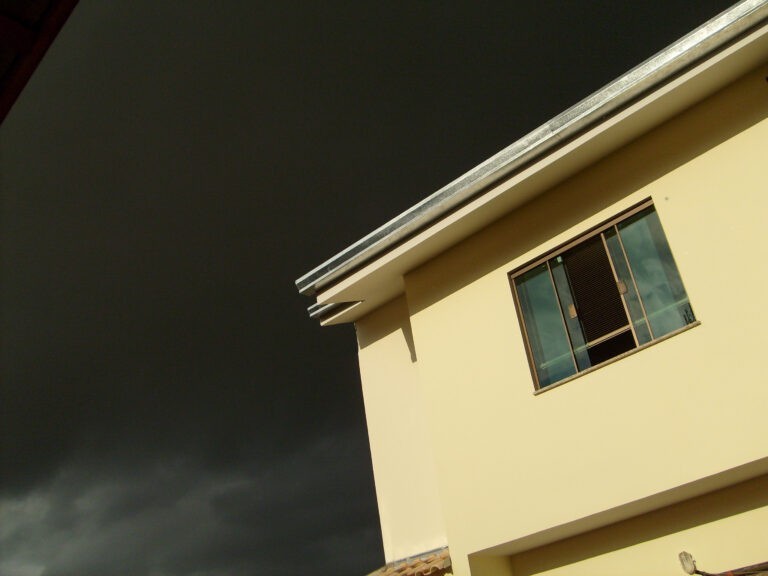
Repairing water damage can be pricey.
What are the effects of heavy rain on your home? In contrast to flood damage, which can severely destroy your home’s foundation as well as ruin both the interior and outside of your home, heavy rains that do not result in severe flooding can have a financial impact. The roof is one of the parts of a house that suffers the most damage from heavy rainfall. Heavy rain can damage your roof and allow water to pour into your attic and upper floors if your gutters are not adequately built and cleaned regularly.
Flooding, fissures, and soil erosion all cause damage to your home’s lowest points. Even a minor leak can allow more water to enter the residence during rainfall. Because repairing a broken foundation can cost thousands of dollars, you should get your home and foundation inspected regularly and address minor issues soon before they become significant problems.
Siding, windows and doors, and outdoor areas can all be damaged by heavy rains. Gutters and downspouts that are in good functioning order can assist decrease siding damage and prevent water from pooling near the house, which can damage the foundation. Rain damage can be reduced by sealing decks and outdoor areas. Water leaking into your home can be minimised by adequately sealing your home’s windows, doors, and HVAC units during heavy rains.
Conclusion
If water comes to your house during heavy rainfall, either in the crawl space, basement, or around doors or windows, mop up all standing water and enhance ventilation and airflow throughout the house to prevent mould and mildew growth. Before the leak can cause further damage, it’s also critical to address the underlying issue that produced it.
